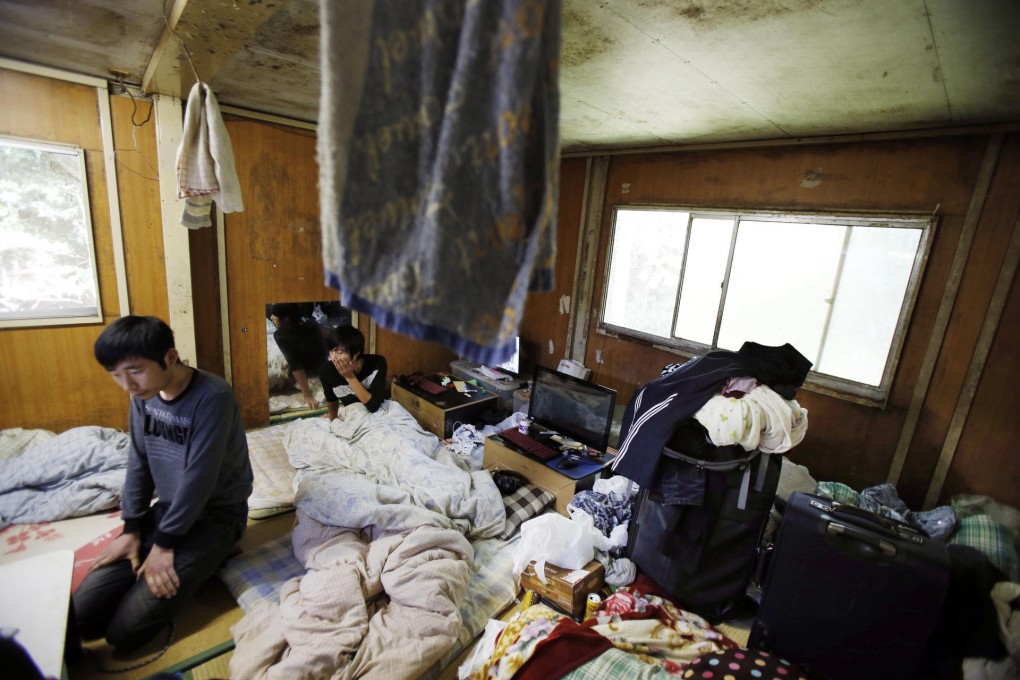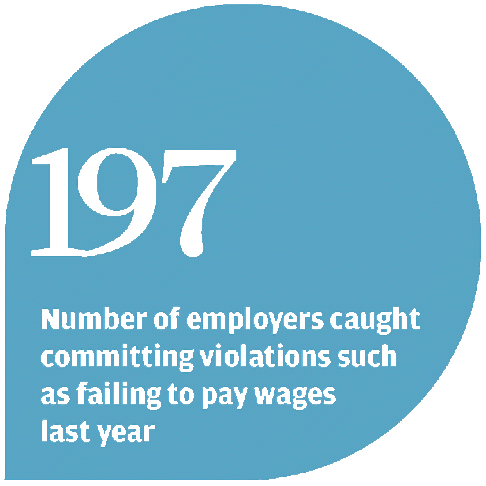Japanese firms exploit internship scheme to secure cheap labour
Faced with a shrinking workforce, bosses recruit Asian interns who are often cheated out of their wages and forced to work overtime

When Chinese textile worker Wang Mingzhi heard he could more than triple his income with a three-year apprentice stint in Japan, he eagerly paid a broker US$7,300 in fees and deposit.

But when he joined 150,000 other interns from poor Asian countries working in Japan, Wang was in for a series of shocks.
Promised a clothing factory job, the 25-year-old wound up in a huge warehouse, where he was told to fill boxes with clothing, toys and other goods. Wang and other new arrivals were not given contracts by their Japanese boss and monthly wages were withheld, except for overtime.
Anyone who did not like the conditions could return to China, their boss told them. But Wang would lose most of his deposit. And how could he face his family, who were counting on sharing in the US$40,000 he hoped he would earn for three years' work.
"We didn't have any choice but to stay," Wang said from his bunk in a cramped house he shared with a dozen others in Kaizu, a small city in central Gifu prefecture.
Wang's story is not unusual. Faced with a shrinking workforce and tight restrictions on immigration, Japanese employers, such as small companies, farms and fisheries, are plugging labour shortages by relying on interns from China, Vietnam and elsewhere in Asia.